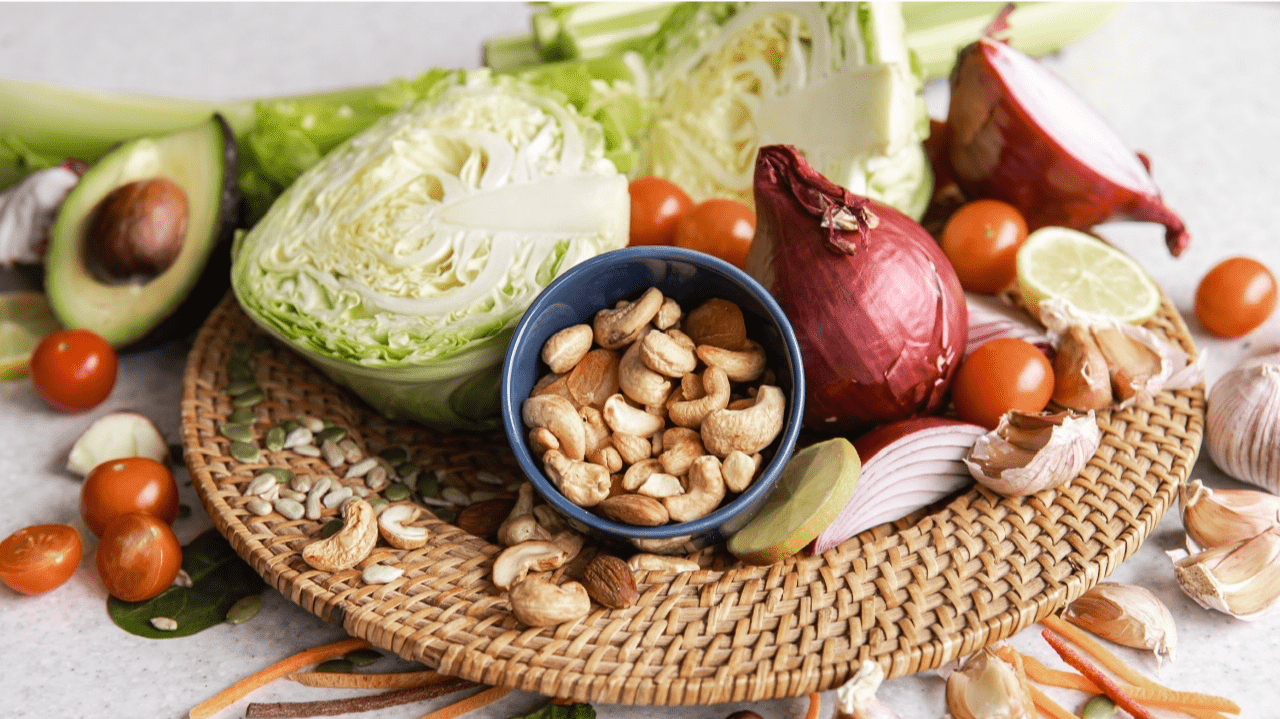Optimal Postpartum Diet for New Moms: Essential Tips and Guidelines
Welcoming a new baby into the world is an incredible experience, but it can also take a toll on a mother’s body. After giving birth, it is essential for new moms to focus on their physical and mental well-being. One crucial aspect of this recovery process is maintaining a healthy diet that supports postpartum healing and provides the necessary nutrients for both mom and baby. In this article, we will discuss the optimal postpartum diet for new moms and provide essential tips and guidelines to help them navigate this transformative period.
1. Prioritize Nutrient-Dense Foods
A nutrient-dense diet is crucial during the postpartum period as it helps replenish the body’s stores, support healing, and promote milk production. Include a variety of fruits, vegetables, whole grains, lean proteins, and healthy fats in your meals. Focus on foods that are rich in essential vitamins and minerals such as iron, calcium, vitamin D, and omega-3 fatty acids. Leafy greens, nuts, seeds, legumes, and fish like salmon are excellent sources of these nutrients.
2. Stay Hydrated
Staying hydrated is vital for new moms, especially if they are breastfeeding. Breast milk production requires an adequate intake of fluids. Aim to drink at least eight to ten glasses of water or other hydrating beverages like herbal teas throughout the day. Avoid sugary drinks and caffeinated beverages as they can dehydrate your body.
3. Include Protein-Rich Foods in Postpartum Diet
Protein plays a crucial role in postpartum recovery and breastfeeding. It helps repair tissues, boost energy levels, and support the growth and development of the baby. Incorporate lean sources of protein such as chicken, turkey, fish, eggs, tofu, and legumes into your meals. Greek yogurt and cottage cheese are also excellent options that provide protein and calcium.
4. Don’t Skip Healthy Fats
Healthy fats are an essential part of a postpartum diet as they provide energy and support brain development in the baby. Include foods like avocados, nuts, seeds, olive oil, and fatty fish in your meals. These healthy fats also help in the absorption of fat-soluble vitamins like vitamin D, which is crucial for bone health.
5. Eat Small, Frequent Meals
New moms often find it challenging to sit down for a full meal due to the demands of their newborn. Eating small, frequent meals throughout the day can help ensure a steady supply of nutrients and energy. Prepare healthy snacks and keep them readily available, like cut-up fruits, nuts, yogurt, or whole grain crackers. This approach will also help stabilize blood sugar levels and prevent energy crashes.
6. Limit Processed Foods and Added Sugars
Processed foods and added sugars offer little to no nutritional value and can hinder postpartum recovery. These foods can lead to weight gain, low energy levels, and may even impact your mood. Instead, opt for whole, unprocessed foods that provide essential nutrients without unnecessary additives. Choose natural sweeteners like honey or maple syrup instead of refined sugar when sweetening foods or beverages.
7. Focus on Fiber-Rich Foods
A postpartum diet should include an adequate amount of dietary fiber to prevent constipation, a common issue among new moms. Fiber-rich foods like whole grains, fruits, vegetables, and legumes help regulate bowel movements and promote a healthy digestive system. Additionally, they contribute to feelings of fullness and aid in weight management.
8. Consider Nutritional Supplements in Postpartum Diet
While a well-balanced diet should ideally provide all the necessary nutrients, some new moms may need additional support. Consult with your healthcare provider to determine if you require any specific supplements, such as iron or vitamin D, to address any deficiencies. It is crucial to avoid self-prescribing supplements as excessive amounts can be harmful.
9. Practice Mindful Eating
Amidst the chaos of caring for a newborn, it is essential to practice mindful eating. Slow down and savor each bite, paying attention to your body’s hunger and fullness cues. This practice can help prevent overeating, aid digestion, and allow you to enjoy your meals more fully. Eating in a calm and relaxed environment can also contribute to better digestion.
10. Get Adequate Rest and Support
While not directly related to diet, rest and support are crucial for postpartum recovery. Lack of sleep can lead to poor food choices and hinder the body’s healing process. Enlist the help of family and friends to assist with household chores and caring for the baby. Take naps whenever possible and prioritize self-care to ensure you have the energy to maintain a healthy diet and care for your little one.
The postpartum period is a time of immense change and adjustment for new moms. Prioritizing a nutrient-dense diet, staying hydrated, and eating small, frequent meals can aid in postpartum recovery, boost energy levels, and support breastfeeding. Additionally, avoiding processed foods, practicing mindful eating, and seeking adequate rest and support are essential for overall well-being. Remember, every woman’s postpartum journey is unique, so consult with your healthcare provider to tailor a diet plan that suits your specific needs and helps you thrive during this transformative time.











